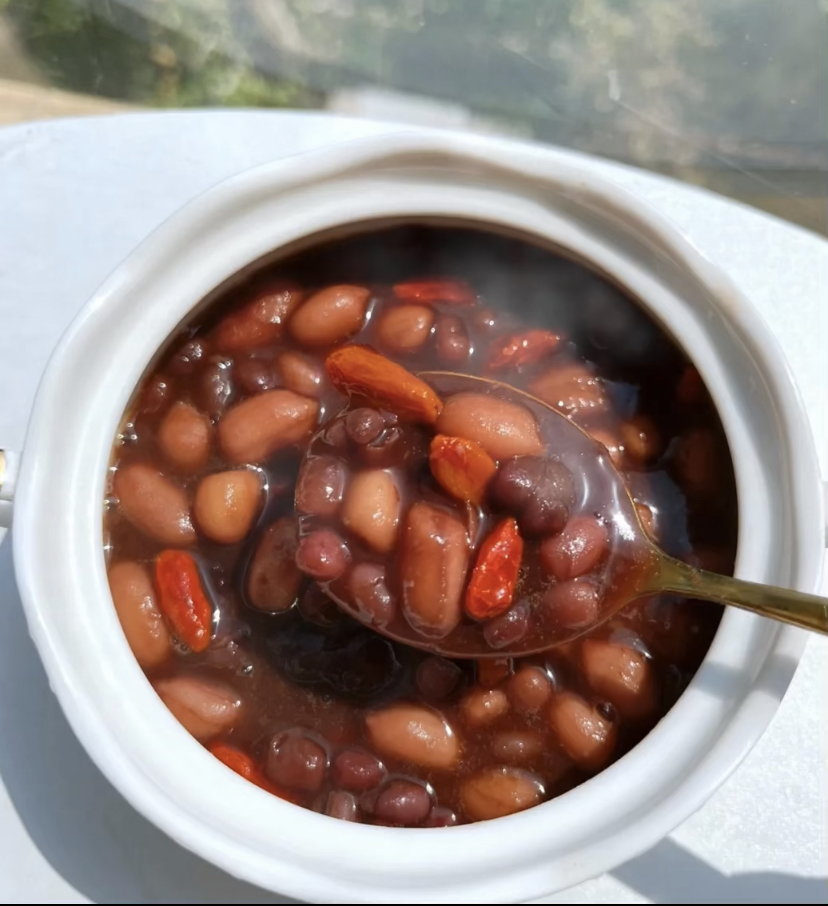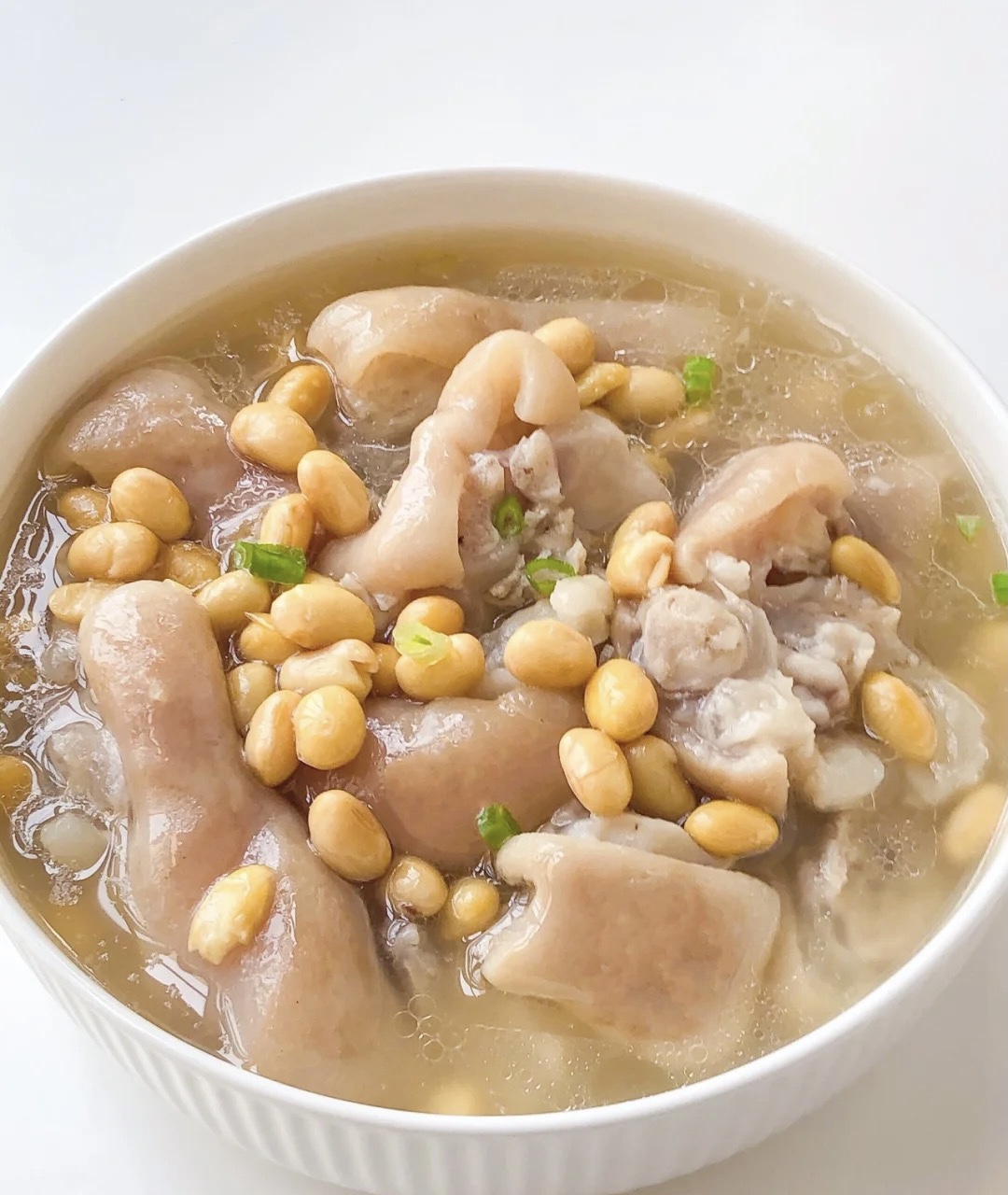In the previous blog, we provided some pre-conception advice. Today, we would like to talk about postnatal care.
In China, the postnatal care that involves dietary rules for 30 days after childbirth is called “Zuo Yue Zi” (sitting the month). “Zuo Yue Zi” was first recorded in the medical texts during the period of West Han Dynasty (206 B.C. to 25 A. D.) (Chen, 2011).
It is believed in Chinese medicine that women have given lots of vital qi to the fetus during pregnancy, and became yin and yang imbalanced after giving birth. As a result, they are required to be nourished and rebalanced. This replenishment can be achieved from taking specific diet (Ho, Li &Su, 2011).
Base on Chinese medicine theory, the general dietary rules during “Zuo Yue Zi” is to avoid (Ho, Li &Su, 2011):
- Spicy foods which may induce irritation, sweating, and bleeding,
- Cold foods which may induce a cold feeling and decreased organ functions
- Sour foods which may induce astringency and affect lochia discharge.
On the other hand, food that considered to be “warm” is encouraged as this type of food can nourish organs (Ho, Li &Su, 2011). Three main ingredients are commonly used, including dry ginger, sesame oil and rice wine, which are all considered warm in Chinese medicine (Chen, 2011).
In addition, assisting breastfeeding is a crucial part of postnatal care. Globally, breastfeeding is the preferred method to feed infant due to its neonatal and maternal benefits. However, approx. 50% of young mothers could face lactation difficulties as a result of delayed breastfeeding initiation, painful breasts, invaginated nipple or emotional distress (Pierdant, et al, 2022).
A case study from Pierdant et al. (2022) indicated that both the body and auricular acupuncture can improve the onset of lactation, prompt milk production as well as enhance the serum prolactin level. Also, Mills et al. (2006) reported the Chinese medicine herbs, including Huang Qi, Pu Gong Ying, Tong Cao, Lu Lu Tong are commonly used herbs for enhancing milk production by boosting the vital qi, yin, and blood or unblocking channels, invigorating blood .
In Geelong Chinese medicine clinic, we normally prescribe herbs according to each individual’s condition to help with milk production, lochia discharge and uterus recovery (Ho, Li &Su, 2011). Here we would like to share some of the confinement soup recipes (Chen, 2011):
- Five red soup 五红汤
Ingredients: 20g raw red-skin peanuts, 50g red beans, 8 Chinese jujube (dried red dates), 6g goji berry, 20g brown sugar
- Soak the red beans and peanuts in clean water for 3 hours,
- Rinse the Chinese jujube and Goji berry with water,
- Place the red beans, and peanuts into a casserole/rice cooker, add in appropriate amount of water (1.2L) and cook for an hour,
- Then add in the Chinese jujube and Goji berry and cook for another 30min,
- Finally add in the brown sugar and mix well.
- Consume one bowl twice a day in between main meals as morning tea and afternoon tea.

- Pig’s trotter and soybean soup 豬蹄黃豆湯
Ingredients: 2 Pig’s trotter, 80g soybean, 6 pieces dry ginger, 6g goji berry
- Clean soybean and soak in water for 3 hours,
- Clean pig’s trotter and chop into small pieces, add in cold water (1L), bring the water to boil then pour the water, thus help to clean the trotter further.
- Now place the cleaned pig’s trotter pieces into a casserole, add in water (1.5L) and bring to boil,
- Add in soybean and bring the water to boil again, then simmer for 2 hours.
- At last, add in the goji berry and salt (2 teaspoon) (can also add coriander if preferred) and cook for another 5 min.
- Take one bowl twice a day with lunch and dinner.

References:
Chang, P. J., Tseng, Y. C., Chuang, C. H., Chen, Y. C., Hsieh, W. S., Hurng, B. S., … & Chen, P. C. (2010). Use of Sheng-Hua-Tang and health-related quality of life in postpartum women: a population-based cohort study in Taiwan. International journal of nursing studies, 47(1), 13-19.
Chen, S. S. (2011). Zuo Yue Zi Sitting the Month in Taiwan: Implications for Intergenerational Relations (Doctoral dissertation, Case Western Reserve University).
Ho, M., Li, T. C., & Su, S. Y. (2011). The association between traditional Chinese dietary and herbal therapies and uterine involution in postpartum women. Evidence-Based Complementary and Alternative Medicine, 2011.
Mills, E., Dugoua, J. J., Perri, D., & Koren, G. (2006). Herbal medicines in pregnancy and lactation: an evidence-based approach. London; New York: Taylor & Francis.
Pierdant, G., Westphal, K., Lange, A., & Usichenko, T. I. (2022). Stimulation of Lactation Using Acupuncture: A Case Study. Journal of Human Lactation, 08903344221078802.
